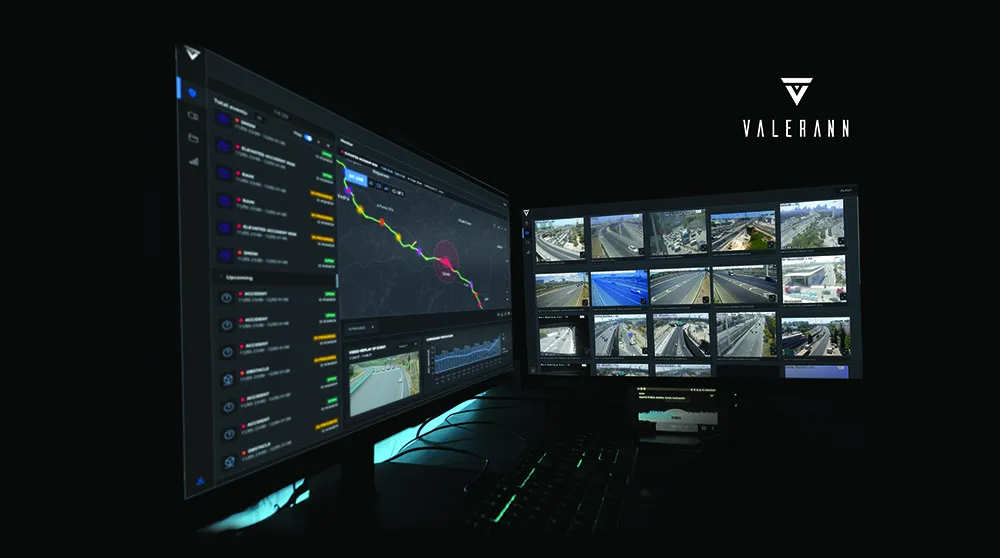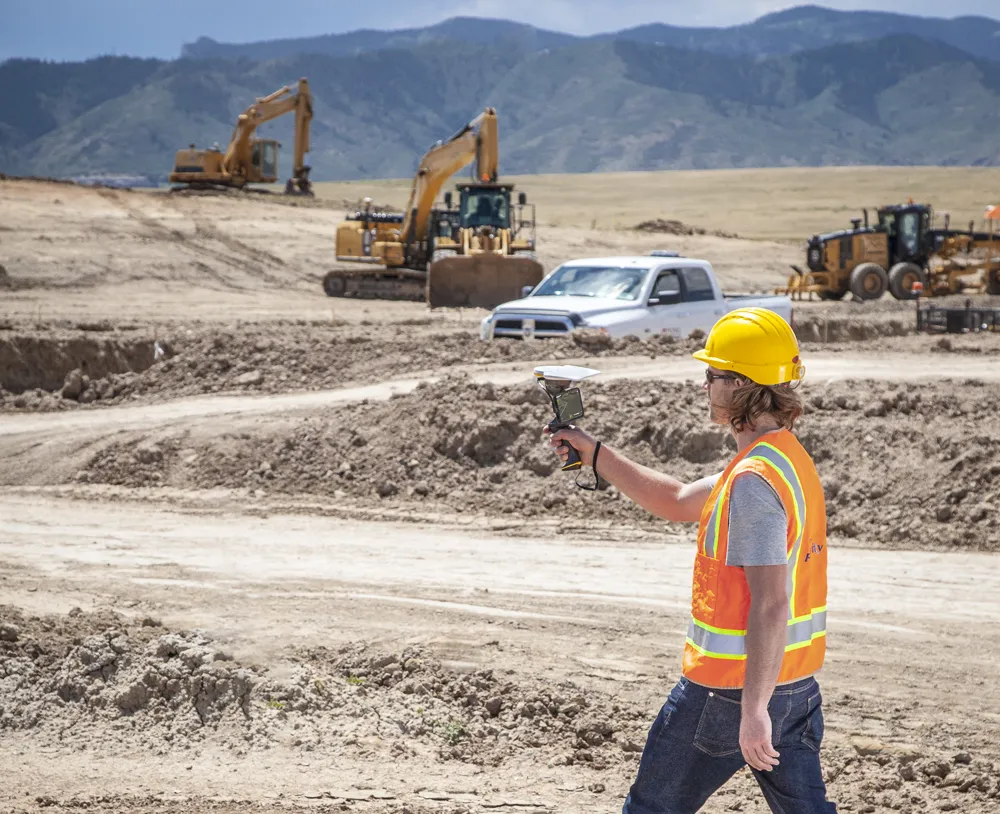
FieldOffice Time uses the camera, microphone and screen of smart devices for facial, voice and signature recognition; one or multiple biometrics can be used to check on the identity of an employee. The app employs geo-tagging and geo-fencing to pinpoint where the employee is located.
“We have focused on three core mantras during the development of this system: simple, secure and smart,” explains John Taylor, CEO of FieldOffice Software. “We are simple and intuitive to use; deliver secure and accurate information; and are smart in the ways we work with the people and systems involved.”
The company is about to begin testing its new app on iOS, and is looking for interested companies to take part in its beta test programme. It will also supply the app for Android platforms and expects both to be ready by the second quarter of this year.








